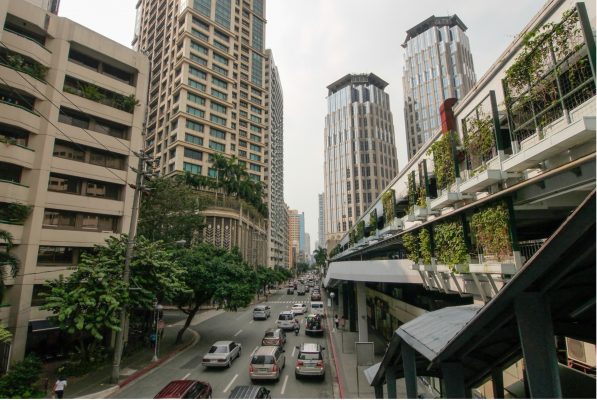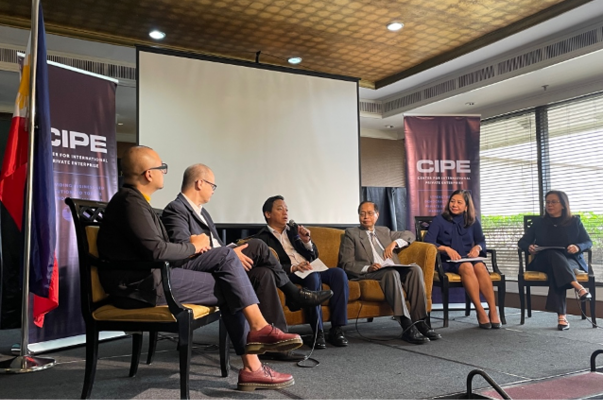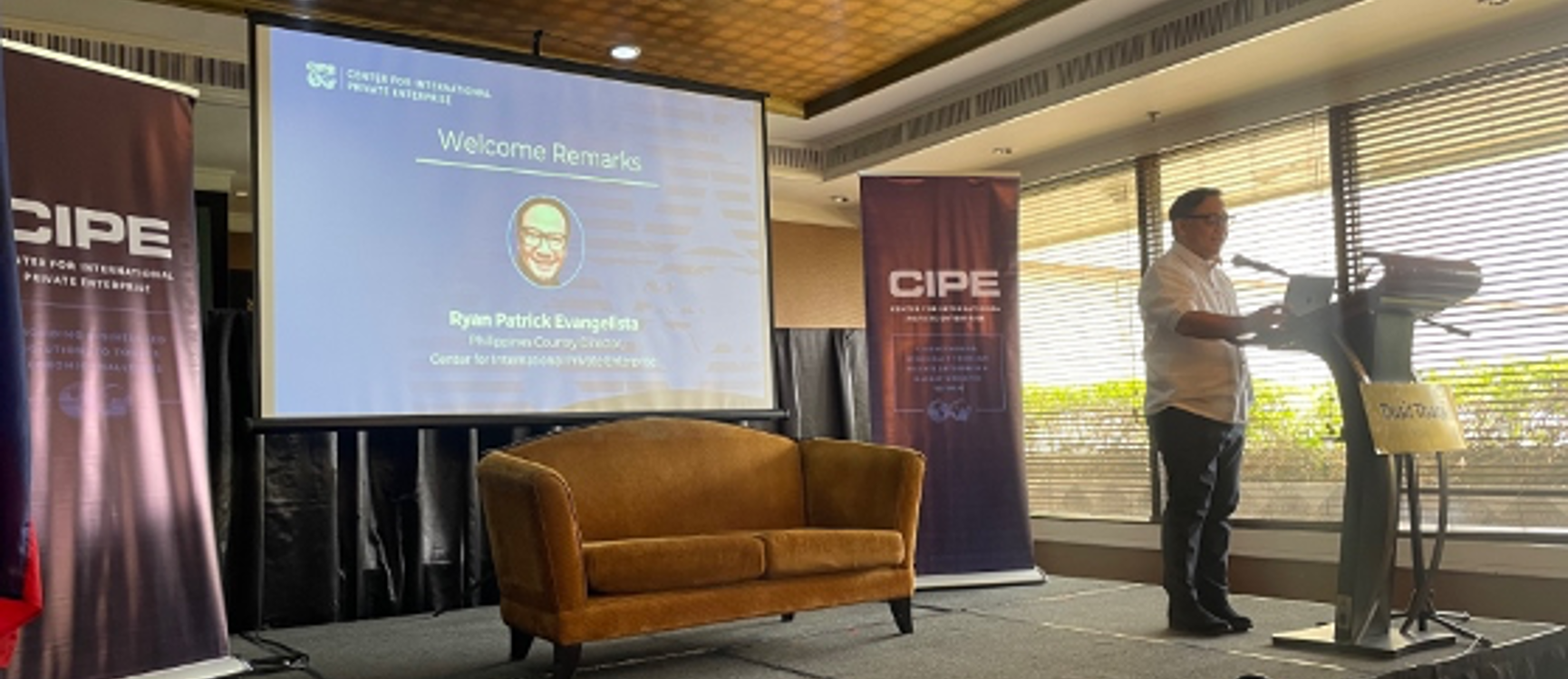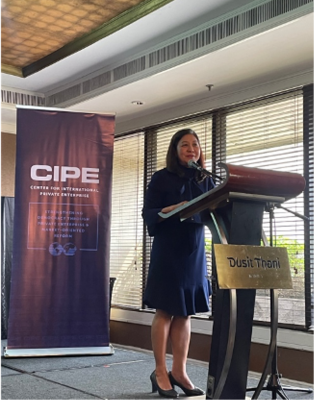
In a bid to revitalize its economy and recover from the effects of the COVID-19 pandemic, the Philippines has recently adopted major economic reforms to attract more foreign direct investment (FDI) and foster greater market competition. Some of these reforms are amendments to the 85-year-old Public Services Act (PSA), which opens previously closed sectors of the economy such as telecommunications and public-transportation services to full foreign ownership. Together with other recently enacted measures including the Foreign Investment Act, the Retail Trade Liberalization Act, and the Corporate Recovery and Tax Incentives for Enterprises Act, the PSA is expected to improve the country’s competitiveness. Before these changes, the country’s rules for FDI were the most restrictive in Asia, according to the Organisation for Economic Cooperation and Development.
The opening to foreign investors deepens the Philippines’ commitments through its participation in the Regional Comprehensive Economic Partnership and Indo-Pacific Economic Framework for Prosperity, and is part of the Philippine government’s broader initiative towards scaling up foreign capital particularly in infrastructure and digital economy. Goals also include generating jobs and improving governance and access to public services.
As the country sets the stage for greater private-sector driven development, the Center for International Private Enterprise (CIPE) and its civil-society partners in the Philippines acknowledges the need to generate a more advanced understanding of these critical reforms. They also aim to strengthen the role of the domestic private sector in championing effective investment policy mechanisms that would enable more constructive capital, as new sectors open to foreign entities, instead of corrosive capital.
These two terms were created by CIPE to make clear that not all types of FDI are beneficial to local stakeholders. Corrosive capital investments typically lack transparency and market orientation, are not accountable to local stakeholders, and can create corruption. Constructive capital investments are transparent, accountable, and market-oriented both at the funding source and destination.

In September 2023, CIPE and its partners, Makati Business Club (MBC) and Research, Education, and Institutional Development (REID) Foundation convened a high-level roundtable discussion focused on the new investment policies and the prospects for constructive capital. This multi-stakeholder dialogue was comprised of business, government, civil society, academia, and media. Philippine Board of Investments Governor Marjorie Ramos-Samaniego delivered the keynote message.
In her speech, Governor Samaniego outlined the features of the key investment reform laws and their benefits. “These measures demonstrate the government’s commitment to embracing open markets and creating a conducive business environment that will result in much needed trade and investment,” she said. Accordingly, these reform measures provide provisions aimed at safeguarding the country against potential impacts to national security. Samaniego stated that provisions in the PSA would mitigate risks. “Our goal is to strike a balance between economic objectives and the protection of national interests, while maintaining a sound regulatory environment” she said.
Following her speech, a panel discussion with business thought leaders and experts included MBC Director Coco Alcuaz, international trade policy expert and Philippine LGBT Chamber of Commerce Chair Ronn Astillas, REID Foundation Infrastructure Economist Ronilo Balbieran, and Senior Trade and Development Economist and USAID and University of Philippines Public Administration Research and Extension Services Foundation – Regulatory Reform Support Program for National Development Program Team Leader Dr. Mario Lamberte. Moderated by Development Consultant Ma. Lorelei Fajardo, the panel centered the importance of private sector responses and initiatives in shaping investment policies and attracting constructive capital.

For most developing nations like the Philippines, information about the economic and security implications of FDI is limited, and investment screening mechanisms (ISM) are a relatively a new idea. With its resources, the private sector is well positioned to bridge the knowledge gap and lead inclusive dialogues that would ensure effective policymaking processes and public sector accountability. “Our job is to help raise awareness about reforms and laws that help our businesses,” Lamberte said. “We should continue to guide and engage with different stakeholders to help accelerate the reforms that we have been advocating for so many years.”
The potential for constructive capital to deliver on sustainable development targets and advance the human rights agenda was also emphasized. “Constructive capital should be inclusive capital,” Astillas said. Alcuaz likened it to a virtuous loop: “The more it comes in, the more players there are to compete,” he said. “That aims to serve us better products and services.”

“Our job is to help raise awareness about reforms and laws that help our businesses. We should continue to guide and engage with different stakeholders to help accelerate the reforms that we have been advocating for so many years.”
-Dr. Mario Lamberte
The discussion aligns with evolving discourse around ISM and business integrity standards following the economic impacts of the pandemic, rapid advancements in technology, and the rise of authoritarian influences. It resulted in these key imperatives:
- Business associations and think tanks are important advocates on policies that balance economic openness and national security;
- Cross-sectoral engagement and collaborative frameworks around ISM are essential and should be supported by research, analysis, and capacity-building initiatives;
- Local and international practices and experts on ISM must be leveraged to better inform policymaking; and
- The complexity of investment security and its implications make public awareness campaigns critical.
A broader understanding of these ideas offers a starting point for whole-of-society approaches to ensuring constructive investment that is beneficial in local settings and aligned with democratic values. CIPE and its partners will expound on these areas and continue efforts to strengthen market and democratic institutions.
As the Philippines opens its economy and welcomes more foreign investments, the country holds significant potential to pursue development that would reinvigorate both its economy and its democracy.
Published Date: February 28, 2024
